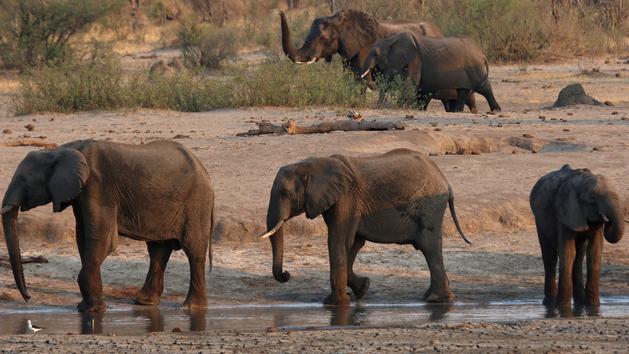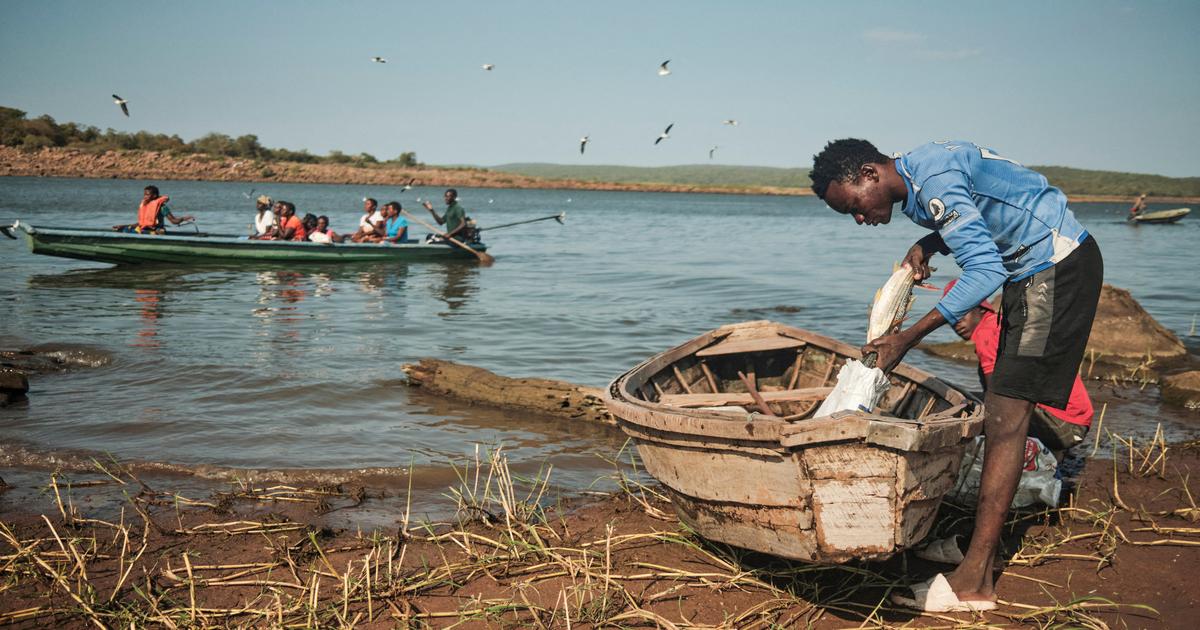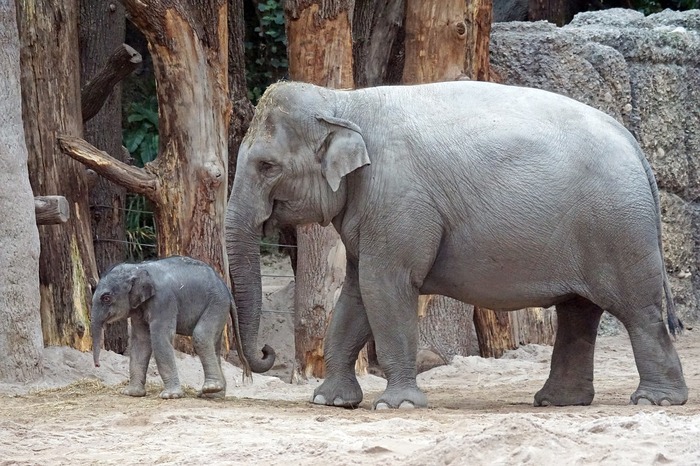Ten other elephants were found dead near Zimbabwe's largest reserve, presumably devastated by the bacteria that already killed twelve baby elephants last week, wildlife authorities said Thursday (September 3rd).
Read also: Sri Lanka to ban the import of plastic products to protect elephants
The carcasses of the animals were discovered Tuesday and Wednesday at the same location as the other twelve, near the Pandamasuwe forest (West), between Hwange Park near the border with Botswana, and the town of Victoria Falls.
"
We now have a total of 22 dead elephants
," Parks and Wildlife Authority spokesman Tinashe Farawo told AFP on Thursday.
"
We took samples for testing, but we suspect they died from the same cause as the twelve who were found dead last week
," he said.
According to the results of the first tests carried out on the twelve dead baby elephants, the animals were killed by bacteria.
Too small to reach the leaves at the top of trees, these animals may have ingested the bacteria by browsing poisonous plants, according to park officials.
84,000 elephants in Zimbabwe
The forest guards had initially feared poisoning by poachers of these young pachyderms, aged 2 to 6 years.
But their tusks were intact and no other animals, including vultures, had been hit.
Zimbabwe has more than 84,000 elephants, with an estimated ecological capacity of between 45,000 and 50,000 individuals.
In Hwange Park, which has between 45,000 and 53,000 elephants in some 14,600 km2, many have died of hunger and thirst in recent years due to overpopulation.
Others have been poisoned by poachers for their ivory, used to make trinkets and traditional medicines in Asia and the Middle East.
At least 300 elephants died of cyanide poisoning near water points in the reserve in 2013. In neighboring Botswana, which has 130,000 free-roaming elephants, the world's largest population, the mysterious deaths this year by more than 300 pachyderms have been attributed to natural toxins.














